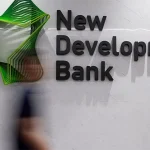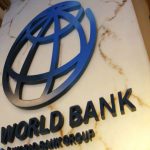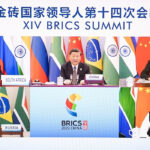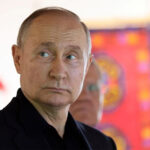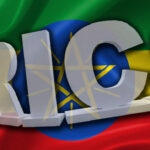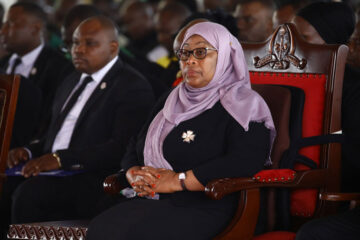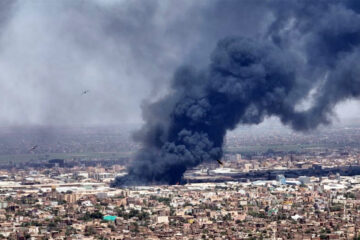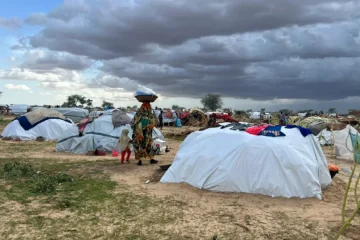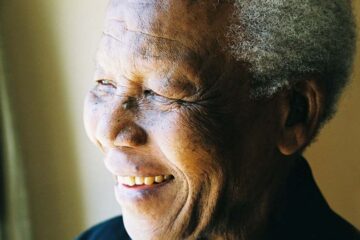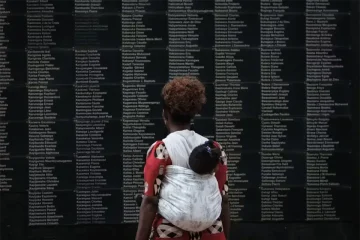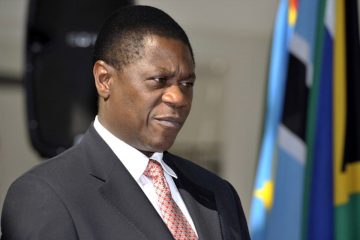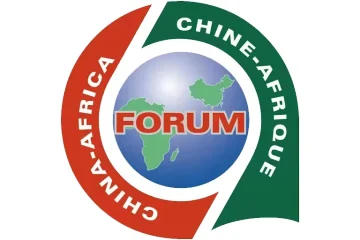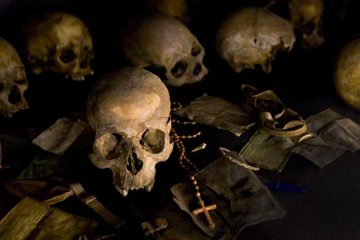ABBEY MAKOE
BRICS Bank, commonly referred to by the markets and industry alike as the New Development Bank (NDB), is proving to be a worthy multilateral lending vehicle particularly in the wake of the emergence of Covid-19 pandemic.
Established in 2014 and kick-started its operations a year later from its headquarters in Shanghai, China, the NDB is the brainchild of Brazil, Russia, India, China and South Africa (BRICS).
Established in 2006, BRICS seeks to improve the global South relations to a point of economic self-reliance and broader solidarity in matters of common interest from all spheres of life including international relations and global politics in general.
BRICS has not always been impactful. Its programmes have been exciting on paper and often dismally poor in practice. However, credit ought to go to the BRICS member countries for staying the course and chipping in at their objectives.

In the arena of multinational lending, therefore, BRICS Bank can be regarded as a breadth of fresh air.
For far too long emerging economies have been suffocated from flourishing by a raft of stringent lending and borrowing conditions that are put in place by the US-led World Bank and the International Monetary Fund (IMF).
The NDB, or BRICS Bank as some prefer to call it, has come in handy to plug the gap created by the World Bank and the IMF especially in the global South.
The 1990’s Structural Adjustment Programmes of the IMF and the World Bank has left many national economies reeling due to the politicisation of the nature of the lending and borrowing by weaker economies.
The repayment of sophisticated loans – laced with ideological traps, have been too impossible to master. Instead, through the loan repayment arrangements to the IMF and World Bank, the financial hubs somehow ended in determining economic policies and political direction of the governments of poorer nations.
That, in short, is the price many countries have had to pay – which party ascend to the highest office, the nature of foreign policy, imposed economic framework regardless of how harmful it may be to the locals plus other related hidden ills!
This is an environment that the NDB lands in, which is characterised by mistrust, lies and more lies everywhere.
The NDB recently approved a 30-year loan agreement to the tune of R14.5 billion aimed at assisting South Africa’s economic recovery from the Covid-19 pandemic.
Now, here is one of the benefits of a BRICS membership. I have previously complained about SA’s apparent indifference to acquire BRICS manufactured Covid-19 vaccines from Russia (Sputnik V) and China (Sinopharm). Instead, non-BRICS countries are among dozens around the world that are embracing the BRICS-manufactured vaccines ahead of SA. Hopefully, President Cyril Ramaphosa will make good on his repeated promise that his government is gearing to procure vaccines from our BRICS allies over and above our sourcing of vaccines from the West. The recent approval of China’s Sinovac is encouraging indeed. Hopefully, Sputnik V, too, shall be approved once all the relevant health approval requirements are met.
The NDB has recently explained that SA’s loan comes with a remarkable five-year payment holiday in order to allow tax collection sufficient time to recover. Now, here’s an example of a humane loan, a debt with a conscience.
This is not SA’s first loan from the BRICS Bank. Last year the country received R14 billion emergency loan to counter the adverse impact of Coronavirus.
The NDB IS adamant that the funds will have to be spent on economic stimulus programmes and nothing else.
The NDB’s Director-General in SA, Monale Ratsoma, explained through the media: “Unlike commercial banks that would buy into government bonds and take the view of the government being able to repay over time, we will build into our loan agreement an implementation monitoring framework. Yes, the government decides the type of programmes that they would like to present to us. We will ensure that the funds do in fact get spent on the programmes that we have jointly agreed with and over a period we will get an audit report on the programme.”
According to Ratsoma, SA will save at least half a billion rand a year emanating from the favourable terms that are attached to the loan.
These are not the hidden benefits of doing business through and with the BRICS Bank. They lay bare for all to see. Soon, I hope, the NDB will accelerate its international lending to hordes of non-BRICS members who have been strangled by the IMF and the World Bank for way too long.
In that way, surely and truly BRICS as a rising force for good will become a beacon of hope for many nations beyond its five exclusive members.
SA government has indicated that its NDB loan will be used to finance the creation of employment opportunities within the country, particularly the first phase of the Presidential Employment Stimulus programme that is aimed at creating and supporting an estimated 700 000 job opportunities in the public sector alone.
This is exciting for every developing economy – to know that finally there is a player in the space – a new kid in the bloc if you will, who is prepared to disburse loans with a heart and consideration, the NDB.
We need more such financial institutions that will take struggling economies by the hand and lead them out of the usual entrapment the World Bank and the IMF.
In my humble opinion the more, the merrier! But it is better to strike whilst the iron is hot, as the saying goes. This means that the NDB must better spread their tentacles, and fast. The world is an oyster for the NDB. Or, to borrow from the inspirational mantra of the English Premier League club, Tottenham Hotspur of London where I worked for a few years: “To dare is to do.” This is more so at this point in time when the monopoly of the World Bank and the IMF is being challenged like never before by the rapidly growing influence and impact of BRICS and its banking facility.
Anyone who bears the horrible scars of an unscrupulous lending institution will discover that the BRICS Bank is nothing short of a sheer pleasure to behold – an institution like, as Shakespeare might have intoned, “the beauty of the sunset” in terms of money.

